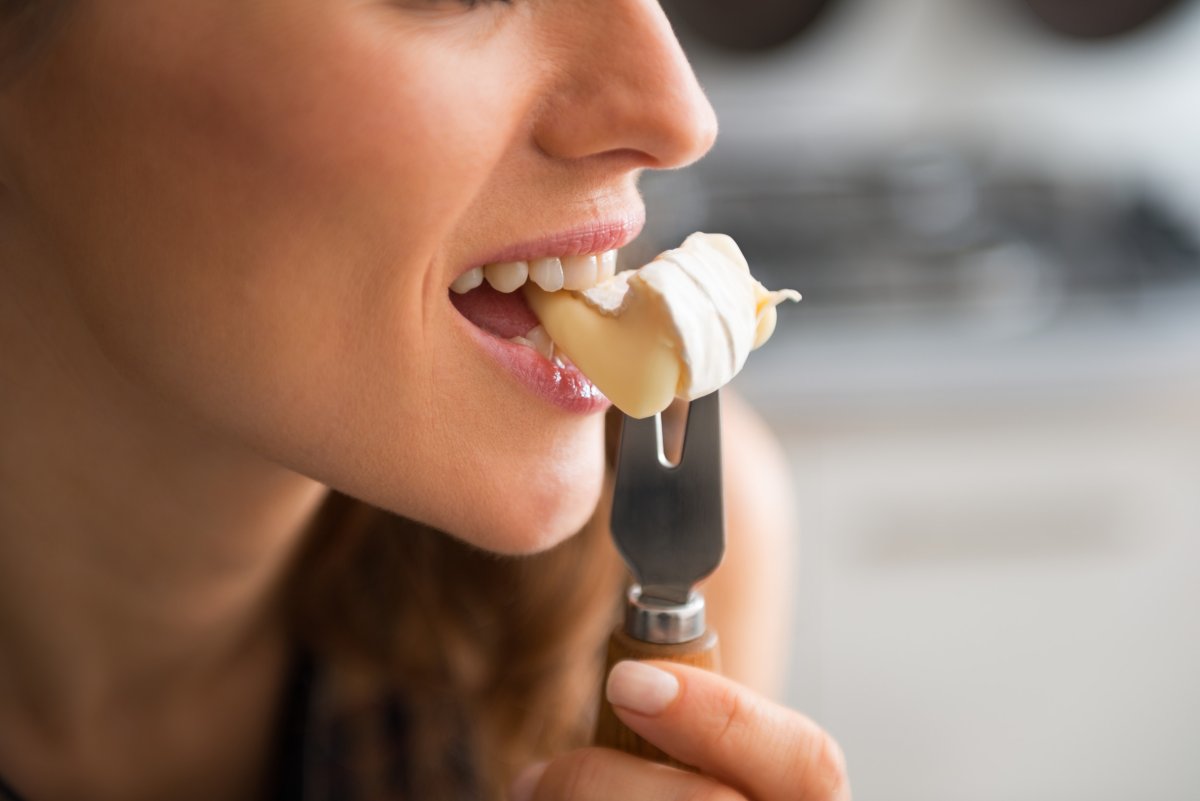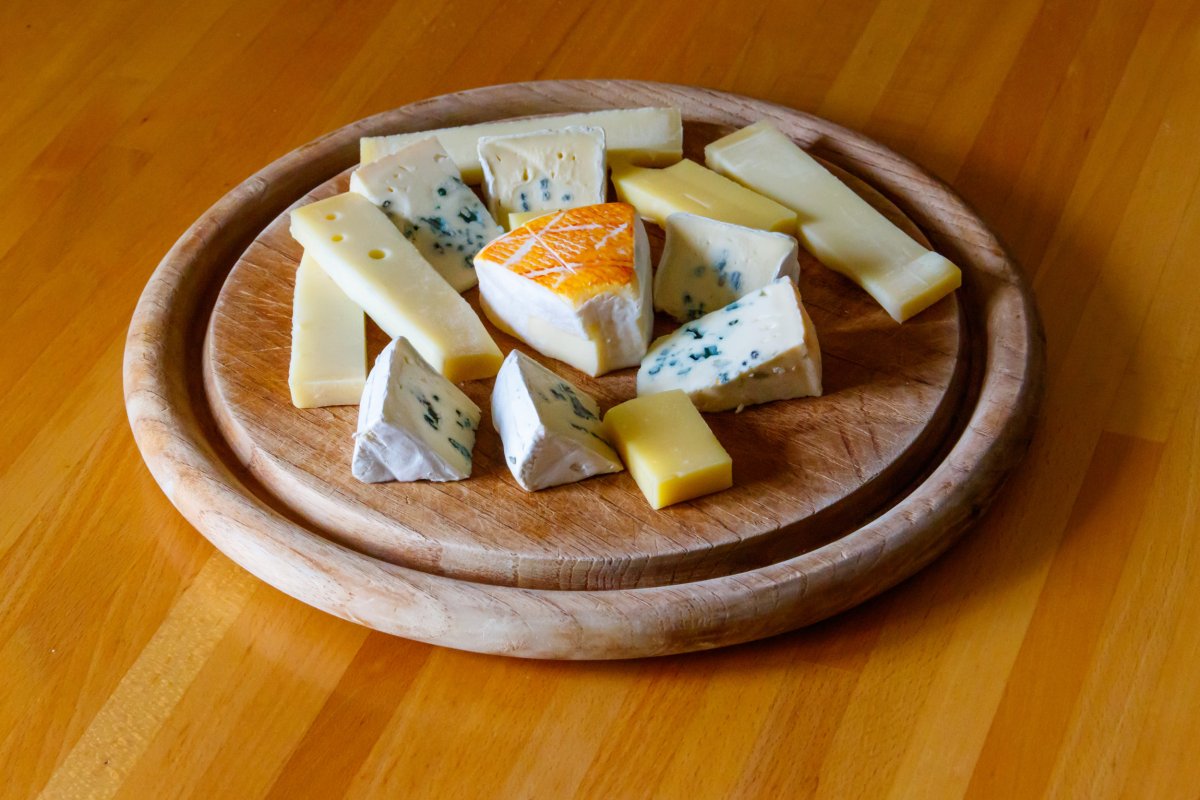Cheese for Your Smile: Dentist-Approved Benefits for Oral Health!


Believe it or not, that delightful slice of Gouda or zesty wedge of cheddar is more than just a treat for your taste buds—it could very well be your new sidekick in the quest for top-notch dental health!
Studies are showing that indulging in cheese can actually bolster your teeth, lower the chances of cavities, and foster a healthier mouth overall. Rich in calcium, phosphate, and casein, cheese delivers all the nutrients your teeth crave while working to neutralize the acids that threaten to wear away your enamel.
But hold your horses! This doesn’t mean you should substitute your toothbrush and toothpaste for a gooey cheese toastie or a cheesy slice of pizza. After all, the perks are particularly tied to certain cheese types and moderation, as emphasized by Dr. Jennifer Silver, a seasoned dentist with nine years of expertise.

The United States Department of Agriculture’s (USDA) MyPlate initiative suggests that a serving of 1 ½ ounces of hard cheese (think cheddar, Swiss, or Parmesan) fits nicely into a balanced diet. Remember, though, too much of a good thing can backfire. Cheese is delicious, but it’s also loaded with saturated fat and salt.
Let’s not demonize cheese—let’s celebrate it! With its natural ingredients, cheese can offer a treasure trove of benefits, as Dr. Silver explains.
pH Balancing
One of cheese’s surprising benefits is its ability to balance your mouth’s pH levels,” shares Dr. Silver, who runs the Macleod Trail Dental Clinic in Calgary, Canada.
“Aged cheeses like Blue Cheese or Parmesan can create an alkaline environment in your mouth,” she adds.
This shift actively combats the acids produced by detrimental bacteria, lowering the risk of enamel erosion and cavities. By including these cheeses in your diet, you’re putting your teeth in a defensive position against acid attacks!
A Natural Shield
“Cheese is loaded with casein, a protein that forms a protective film over your teeth,” Dr. Silver explains. “It acts as a natural shield against acid damage, especially after indulging in acidic foods or sugary desserts. Just a small piece of cheese post-meal can restore balance and protect your enamel from further harm. This is a tip I often share with patients prone to sensitivity or cavities.”
Fighting Harmful Bacteria
While cheese might not leave you with that fresh minty sensation like mouthwash, it has a knack for doing something similar.
According to Silver, “Another hidden aspect of cheese is its peptide content, which inhibits the growth of Streptococcus mutans—the main culprit behind tooth decay. These peptides make it difficult for bacteria to cling onto your enamel, reducing their harmful impacts. Aged varieties like Gouda or Gruyère are especially effective, as their fermentation enhances these protective peptides.”
What Happens If You Overindulge?

To truly enjoy cheese’s dental benefits, moderation is key. A scientific review published in March 2023 indicated that just 15 grams of cheese, whether on its own or as part of a cooked dish, can boost the calcium concentration in dental plaque, potentially providing extra protection for your teeth.
As Dr. Silver points out, “Cheese is fantastic for your teeth, as long as you keep it moderate. Overindulgence, especially when paired with sticky or sugary treats, can lead to increased plaque buildup.”
“Moreover, the fats in cheese can lead to dry mouth for some individuals, which diminishes saliva production—a crucial player in natural oral hygiene. I always recommend balancing cheese with fibrous snacks like apples or celery to keep your mouth healthy and vibrant.”
Got a health concern on your mind? Drop us a line at [email protected]. We may consult experts and feature your story on Newsweek!





